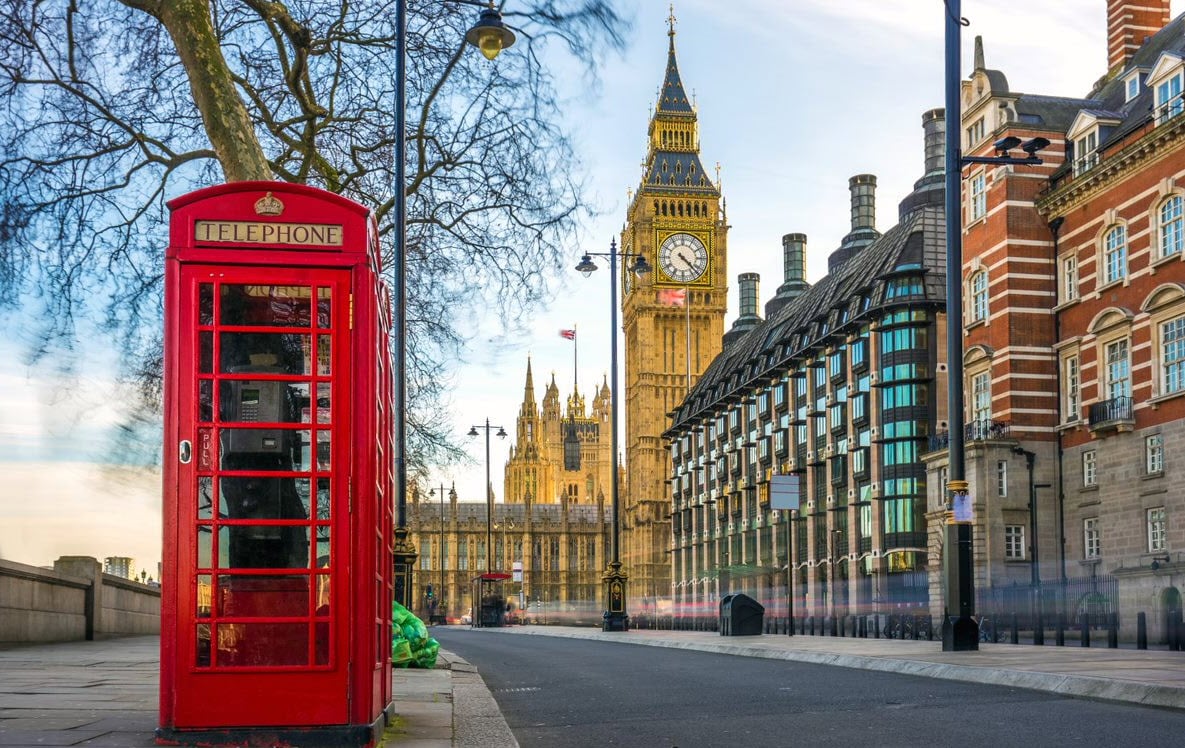CMA and Green Claims – Greater Enforcement to Come?
In recent years, through the introduction of the Green Claims Code, the UK’s Competition and Markets Authority (“CMA”) has taken an interest in the green claims made by businesses. This interest has included the CMA reviewing and investigating descriptions and labels used to promote ‘eco-friendly’ products. The Green Claims Code applies wherever a green claim is made by a business for a consumer.
As part of this interest in the green claims made by businesses, to date the CMA has focussed on two main sectors – the fashion retail sector and the Fast Moving Consumer Goods (“FMCG”) sector. While the CMA has already investigated businesses in the fashion retail sector, the CMA has more recently launched a review of environmental claims made by businesses in this FMCG space.
Enhanced Enforcement Powers
These latest developments arise in a context of expected enhancements this year to the CMA’s enforcement powers in response to breaches of requirements by businesses. In particular, the CMA’s enforcement powers are expected to be further expanded with the coming into force of the Digital Markets, Competition and Consumer Bill (the “DMCC Bill”), which is expected in the summer or autumn of 2024. The DMCC Bill (available here) as presently drafted gives the CMA unilateral powers to fine businesses, without needing to go to court.
Such enforcement powers will enable the CMA to fine businesses significant amounts of up to £300,000 or, if higher, 10% of their annual turnover for a breach of consumer laws. The DMCC Bill also gives the CMA powers to fine for failures to comply with a CMA direction, namely: (i) a fixed amount of 1% of annual global turnover; (ii) a calculated daily rate penalty 5% of daily global turnover during non-compliance; or (iii) a combination of the two. The DMCC Bill is making good progress through parliament and is currently at the committee stage in the House of Lords.
CMA Investigation Process
As part of any investigation the CMA will typically initially contact the relevant business and set out its concerns in further detail in writing thereafter. Following this engagement, the CMA will progress its investigation by using certain information gathering powers to identify and acquire further evidence. The CMA will then determine whether any consumer protection laws have been breached, which, if so, the CMA has the option to:
- secure undertakings from the investigated company that it will amend its practices;
- take the company to court; or
- close the investigation without action.
In light of these developments and heightened CMA scrutiny in this area, we recommend that businesses operating within the FMCG sector take steps to review their green claims, so as to ensure that these align with the Green Claims Code.



